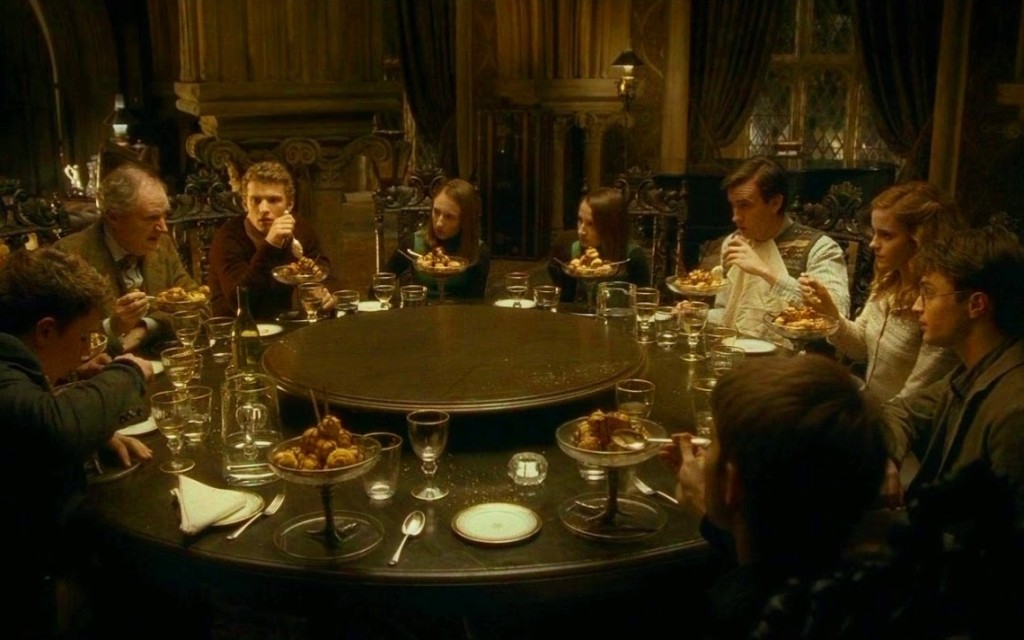The universe of Harry Potter serves us not only with a tonne of entertainment but with very important lessons as well. So even if you are not a great fan of the stories, bear with me, as I’ll explain the importance of networking.
One of the perks of attending an elite school, be it Eton, Oxford, Cambridge or the Hogwarts School of Witchcraft and Wizardry is not only the high quality education, but the network of friends one can build. Indeed, in Hogwarts, Harry Potter found friends, which was much more important than the spells he learned. All the more so, because the magic he used most often he hadn’t learnt in the classroom.
Harry uses his study group, the so-called Dumbledore’s Army to prepare his colleagues for defeating the enemy. At the same time, Dumbledore relies on some teachers and former students, the Order of the Phoenix, to fight the evil wizard, Voldemort.
However, the master of networking in the Harry Potter universe was none other than Horace Slughorn. For those not familiar with the series, Professor Slughorn was an elderly corpulent teacher of potions in Hogwarts, who during his considerable tenure set up a networking group called the Slug Club. He invited prominent students to join in and helped them along in their careers by introducing them to important people (usually also former students). This way, Slughorn managed to have connections in the Ministry of Magic, sports teams, and other places. And although many of the main characters dislike Slughorn’s aspirations, it is interesting to note how important what he does is.
Isn’t it exactly what NGOs are doing? Enabling people, teaching them leadership, making introductions, cultivating relationships, to help along their causes? Networks are germane to our work. Just look at the pro-liberty movement. Atlas Network incorporates like-minded think tanks, teaches leadership, and connects people all over the world. Students for Liberty does something similar by enabling students, developing their skills, and helping one another. And obviously us, the 4Liberty network, incorporating think tanks from CEE, pooling resources and energies to help us along is all about networking as well. If think tanks and NGOs want to have an impact, networks are a great way to go about it. It doesn’t matter that there are certain differences within the network, as long as the very broad goals are similar.
The problem with the fictional network of Horace Slughorn was that he used it for cronyism. His goal was to gain favors, not to make the world a freer place. Helping get his favourites to hold prominent positions, getting free stuff, making important suggestions here and there in the legislation. The latter is a useful method of doing business as long as the said suggestions are based on social or economic considerations, not self-servitude.
Networks with a principled purpose may attain wonderful things. Networks resisted the Nazi regime and saved the Jews, networks spread banned books and news during the Communism era. Unfortunately, just as Voldemort in Harry Potter used his own network for evil purposes, networks can be used for wrongdoing as well. However, as long as there is a network to counter such instances, I think we’re going to be OK.
Even if you are not a member of any great network of pro-liberty NGOs, you are surely a part of other networks, A network of close family, friends, loved ones, colleagues. All of this exists to help out its members. Networks are magical.
Imagine, if a network of officially unqualified students managed to change the world for the better in Harry Potter, what marvelous things you can achieve in real life through networking?



